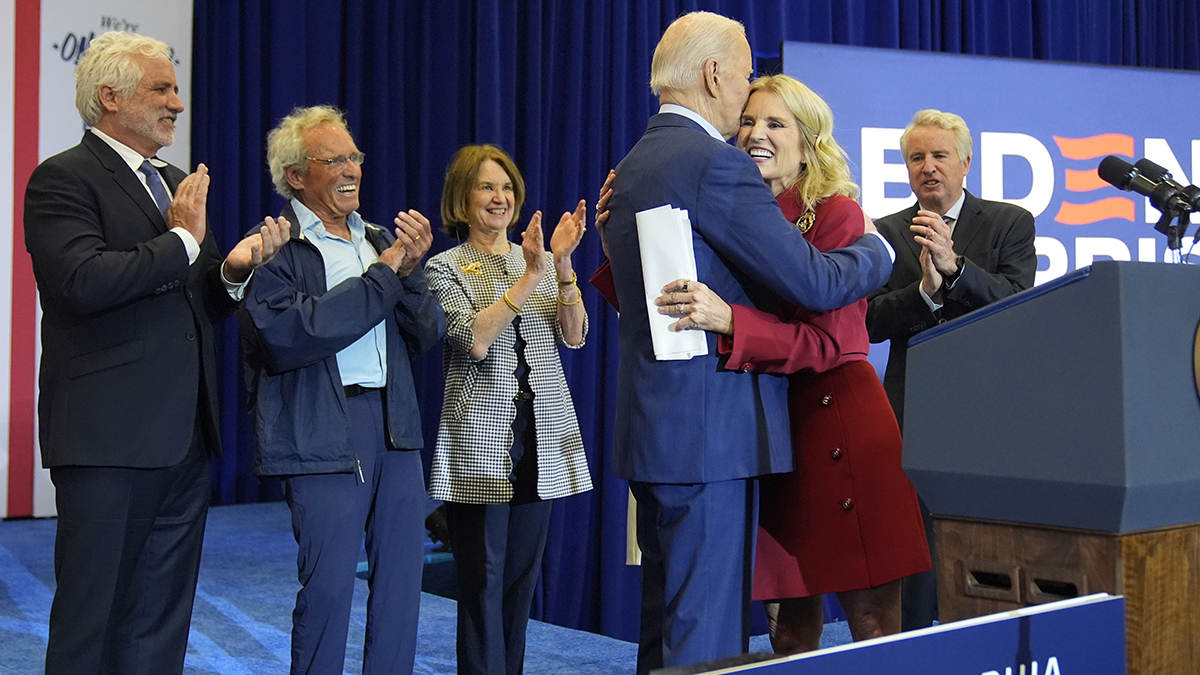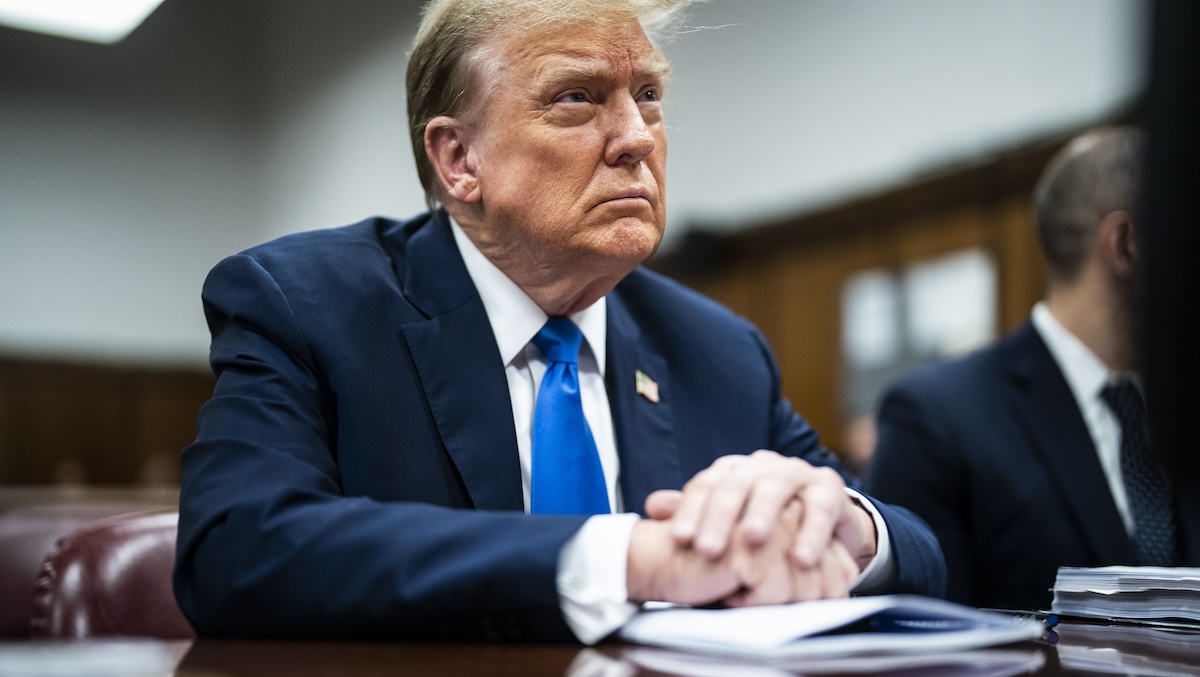There's a big budget surplus expected this year and both Democrats and Republicans are saying it's time to return some of that money to Connecticut taxpayers in the way of tax cuts.
But what about the billions in long-term debt the state still has and the decades it'll take to pay it off?
NBC Connecticut's Mike Hydeck spoke with Connecticut comptroller Natalie Braswell, the person who pays the state's bills.
Braswell is finishing up Kevin Lembos' term, who stepped down for health reasons.
Get Connecticut local news, weather forecasts and entertainment stories to your inbox. Sign up for NBC Connecticut newsletters.
Mike: "So because of the billions in federal COVID funds, Wall Street has been surging to historic heights in 2021, Connecticut is probably in the best financial position we've been in maybe in a generation. So how are we planning? And how are we situated when the federal funding ends that we have in the billions coming in? And what kind of challenges will we face economically, do you think?"
Braswell: "Well, I think you know, some of the key points that, you know, I want to bring up from our budget and economic update that we just released is, as you said, we have a very large budget surplus of $1.48 billion. In Connecticut, there's been 12 straight months of job growth and we've we've gotten back about 75% of the jobs that we've lost during the pandemic. So really, we've set ourselves up to be in a very good financial and economic position. The ongoing pandemic, obviously, is responsible for a slower job growth than what we're used to seeing. But, you know, other than that, we've really put ourselves in a position where we can start to pay down debt. Our rainy day fund is at an all time low, and we literally have billions to pay down pension debt, and correct generations of sort of bad decisions, when it comes to how we're dealing with the debt that we have. I think with continued hard work and discipline, we'll be able to really stabilize our state finances and tackle some of the systematic problems that face not just our state, but every state in the nation."
Politics
Mike: "So as we know, in 2017, when the budget agreement took place in that volatility cap that we put in to try to take care of the swings in Wall Street, because that's where we get a lot of our revenue, trying to pay off this debt - that is a good benchmark on how to get started. But all these billions in federal dollars are eventually going to go away. And we're gonna still have how many billions left to pay off? So are we in a good position? Do you think after the federal money all goes away, will we still be able to try to stay afloat and pay down more of that long term debt?"
Braswell: "I think if we continue to make the decisions that we've been making, I mean, there are big challenges when we talk about affordability. And when we talk about equity, and those issues can't be met with short-term thinking. So we really need to start thinking about, you know, being as disciplined as we have in the last couple of years, and not doing anything that could possibly turn back the progress that we've made. I think we are in a good position to continue on the track that we're on, we do have to be mindful of the fact that the monies that we're seeing here in the surplus, you know, a lot of it has to do with having the federal funding that is not necessarily going to be there in years to come."
Mike: "And do you think there's an opportunity to probably take too deep of a tax cut here? Because both the governor wants a property tax cut, Republicans are looking for a sales tax cut. Could we be too aggressive in that respect? Or do you think we can handle it?"
Braswell: "I think if you look at what the governor has proposed in terms of tax cuts, we're looking at things that are pretty sustainable. Without looking at specific language and just relying on the revenue estimates that we have, the package that's been proposed is pretty sustainable. None of these, you know, are major changes that haven't already existed in some way. And these cuts are going to promote some future growth for our state."
Mike: "So a large part of your job, as you know, is overseeing the health and retirement benefits for state employees and their families. And according to your website, that totals about 200,000 people. So what is your position when it comes to a public option on health insurance? That, of course, is something your predecessor strongly supported. Are you in support of reintroducing that, as well?"
Braswell: "Public option is something that I'm not really sure too many people who are not in support of it in terms of making sure that, you know, the citizens of Connecticut are getting the best health care possible for the lowest price possible. Kevin brought forth this option of public option probably about five or six years ago and then worked very hard and partnered with people in the healthcare sector and advocates, including hospitals and provider groups, to secure lower costs and better care for state employees. And our premise was public option. While it was in the comptroller's office before my current role, there's no reason why every taxpayer in the state shouldn't benefit from this work. I mean, a public option is not likely to happen this year. Kevin had years to sort of build this coalition. As you know, I'm only here for for 365 days, but a public option is eventually going to happen. And I would encourage any candidate that's coming forward for the Office of the State Comptroller to make healthcare a serious campaign issue."
Mike: "A big responsibility. You're out in 365 days. What's next for Natalie Braswell?"
Braswell: "I have no idea what's next for Natalie Braswell. I'm taking each day and really just concentrating on the job that I'm doing right now. And, you know, looking forward to continuing the work that Kevin has done and finishing out his legacy. I do know that I'm committed to public service and whatever I do next hopefully will be in that vein."



